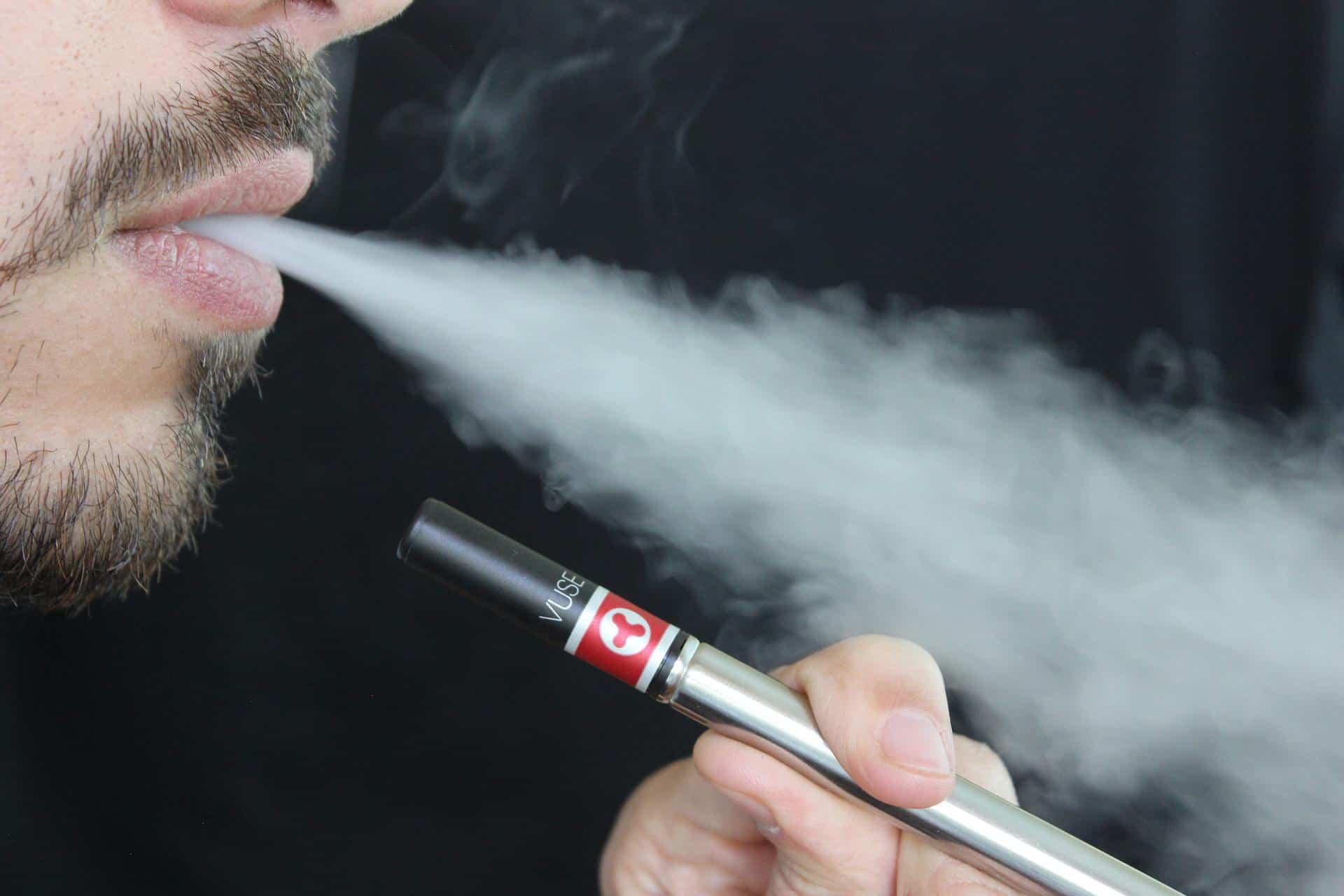
In the wake of hundreds of layoffs in November and thousands of lawsuits over its vaping products, Juul Labs has secured an equity investment, dodging bankruptcy as it reaches settlements in more than 5,000 cases.
About 10,000 plaintiffs, including e-cigarette users, their families, school districts, and Native American tribes, have sued Juul, which these settlements resolve. A judge had consolidated the cases in a California federal court pending numerous bellwether trials.
Juul has not disclosed the financial terms of the settlements, but the company’s spokesperson released a statement that “these settlements represent a major step toward strengthening Juul Labs’ operations and securing the company’s path forward.”
Juul’s e-cigarettes topped the vaping market five years ago as a startup. But criticism grew along with the company, accused by parents, politicians, and school administrators of appealing to teens with flavors like crème brulee, mint, and mango. Critics claimed that many teens became addicted to the high-nicotine pods. Even though they do not contain tobacco, nicotine is delivered into the bloodstream at much the same rate as cigarettes. Currently, flavored e-cigarettes are still teens’ first choice, with dozens of brands from which to choose.
Because of the harsh criticism that Juul was essentially to blame for the proliferation of underage vaping, government sanctions were levied, and the number of lawsuits skyrocketed. In 2019, Juul dropped most of its flavored e-cigarettes and discontinued all advertising in the U.S.
In June 2022, the U.S. Food and Drug Administration (FDA) denied Juul’s appeal to keep e-cigarettes available as an alternative for adults trying to quit smoking. The FDA said Juul had failed to adequately answer questions about chemicals leeching from vape pens, but the rejection is on a temporary hold after Juul’s appeal.
In September 2022, Juul and 33 states settled a two-year investigation concerning how Juul marketed its high-nicotine vaping products. Juul agreed to pay almost $440 million.
Over the past year, Juul said it settled with others states and territories, and talks continue as the company plans to reach settlements with other prominent stakeholders.
Also, in September 2022, Juul’s largest investor, Altria, legally exited its non-compete agreement with Juul and announced it would ramp up its offerings in the e-cigarette market, after pulling its brand in 2018 upon investing in Juul. Altria, the owner of the cigarette brand Marlboro, lost more than 95 percent of its $13 billion stake in Juul.
Attorneys who represent clients harmed by Juul or other e-cigarettes can streamline and simplify their medical record requests by contacting our team. We are here to make your job easier.